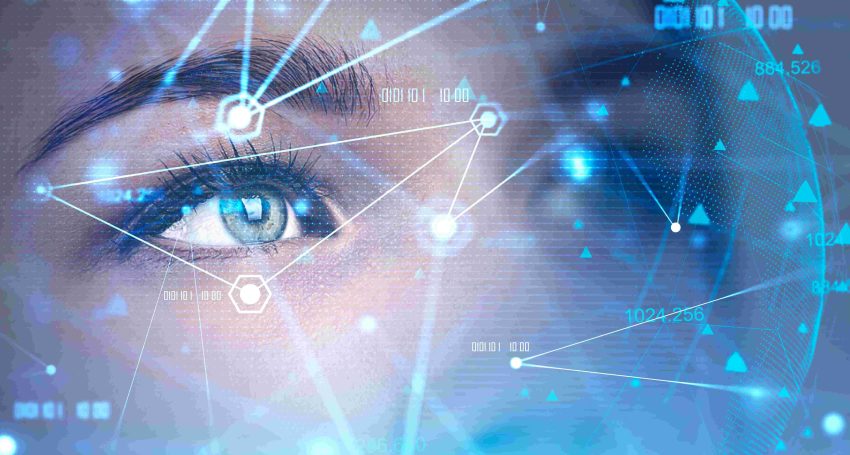Artificial intelligence and the human condition
Reflections
“The complexity of the human experience provides a clue as to why Christmas involves the idea of God entering into that full human experience in the person of Jesus,” says The Very Rev’d Dr Peter Catt

The absurdity of the human condition:
The only condition we try to make sense of,
Make reasonable,
Sanitized,
Certain,
Familiar,
When we know we can’t.
But still we love our categories,
As if life was a Christmas present
That we could neatly wrap
And put into boxes
Labeled “certainty”
But these labels soon break down,
Deconstruct,
Peeling off
Like bad adhesive,
Showing the naked truth:
That we are Odysseus,
Tossed about by the gods,
Armed with the illusion of control;
That we are Don Quixote
Forever fighting windmills
Indifferent to our moral quest;
That we are Hamlet,
Trapped within a cosmic play
Of uncertainty and death;
That we are Gatsby,
Reaching for the magic green light
That forever eludes our grasp;
That we are Sisyphus,
Vainly toiling with our rock,
Telling ourselves that we are happy;
And so we must forever fight
Our constant war against the world,
Embracing the faceless, empty void
With a warm and welcoming smile.
“The Human Condition”, Copyright © Nick Ruff
Over the past few months there has been an increasing number of media articles about artificial intelligence (AI) and its potential benefits and pitfalls. One of the more recent asked what will happen when AI gets human cognition.
There is no doubt that AI has the potential to replace people in the workplace, so AI will be disruptive. One of the tests for our political leaders will be how they approach such disruption and the necessary transition.
Advertisement
But for good or ill, one of the things I cannot see AI replacing is people as people.
Many of the articles I have read seem to assume that a human can be replaced by a machine that thinks, particularly one that “thinks for itself”. This only makes sense if we reduce the idea of being human to the capacity to think. This was René Descartes’ error when he associated being human with thinking: “I think therefore I am”. In the western tradition we have been battling to understand our irrational selves ever since.
I know that there are AI companions, but I cannot honestly see them replacing real people, even if for some they become the “ideal” partner. If they help to overcome loneliness that might be a good thing. On the other hand they might affirm controlling behaviours.
As Nick Ruff captures in his poem, “The Human Condition”, we are incredibly more complex than we think we are, and there is much more to us than thinking.
Advertisement
We are unpredictable; switching between generosity and selfishness without rhyme or reason, injecting emotional baggage, hopes and fears we do not understand about ourselves into relationships and social processes. We are capable of displaying both duplicity and integrity, capriciousness and reliability, and cowardice and bravery in different situations.
I cannot see why we would want to replicate the full human experience and capacity in a machine that promises to remove the mundane from our lives, and which to be of any use will need to be reliable and not call in sick because it wants to go shopping.
No matter what AI becomes I cannot see it replacing people as people.
The complexity of the human experience provides a clue as to why Christmas involves the idea of God entering into that full human experience in the person of Jesus. Unless one has been there one cannot appreciate, understand, or respond meaningfully to the love, hatred, plight, joy and beauty that we experience. Observing movies will not get it there. AI can only read and think about the experience. It will never have the joy of tasting pesto. Passing the pesto through a mass spectrometer will never match the experience of eating it with friends.
First published in ‘The St John’s Cathedral Weekly News’ on 18 December 2023.






